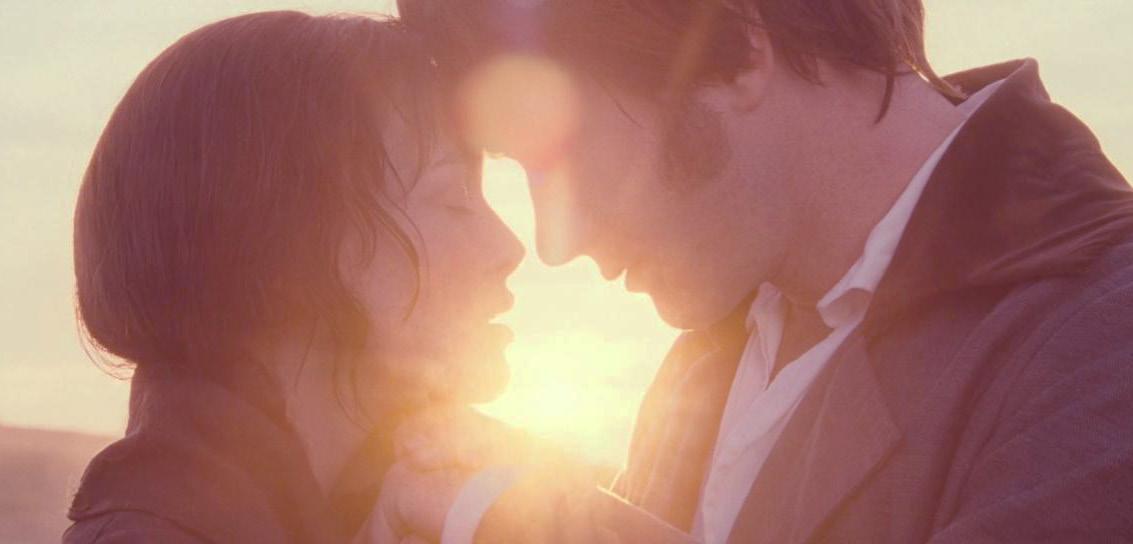
3 minute read
Pride and Prejudice: A Review
Millie Cast
Pride and Prejudice. A romance classic as well as arguably one of the all-time greats of literature. But what is it that made Austen’s simple love story sell over 20 million copies worldwide? To uncover why this relationship is so universally supported we must examine the iconic enemies to lovers structure the couple experience throughout the book. This article only covers the barebones of the twists and turns in the book, so I encourage all readers to either read or watch a version of Pride and Prejudice.
Advertisement
Right at the start of the book, Austen describes the meeting of our two characters at a ball, as Mr. Darcy (a very rich and handsome gentleman), first sees our protagonist Elizabeth Bennet, the second eldest of a family of 5 girls. Initially, Darcy denounces Elizabeth as merely “tolerable,” of course greatly insulting the independent young lady who Austen explains has “no very cordial feelings” to the gentleman, perhaps better illustrated in the 2005 film adaption when she states to her companions that she “wouldn’t dance with him for all of Derbyshire.” The immediate set up of the two characters as enemies of course makes the eventual resolution of the two much more satisfying, but at the time the thought of a woman being so disrespectful towards such an admired member of the gentry would have been incredibly scandalous.
The book continues as Elizabeth’s animosity towards Mr. Darcy grows, following her discovery of several crimes accused of him, most notably ruining her sister’s courtship and depriving an acquaintance (Mr. Wickham) of a deserved inheritance. To escape, she soon decides to visit a friend in her new marriage, and is shocked when she has a surprise visitor, who would have guessed it?? - it’s Mr. Darcy, with an even more shocking confession. He has been in love with her all along. You may be thinking, how lovely, but you would be very wrong, as Darcy’s outpouring of ‘love’ only serves to escalate Elizabeth’s “deeply rooted dislike,” with Darcy actively admitting that he loves her “in spite of all his endeavors,” insulting her family and then asking her to marry him. Romantic right? Elizabeth of course responds with a swift rebuttal, denouncing him as arrogant, conceited and selfish whilst using her collected evidence to enhance her insults.
Austen then throws another twist into the mix as Darcy’s point of view is revealed through a forthright letter, as we discover along with Elizabeth that the gentleman is entirely innocent of her accusations, leaving her shocked and confused as she discovers that Mr. Wickham, the very friend she was trying to protect, has a dangerous habit of preying on young women. This revelation is followed right on the heels by the knowledge from home that her youngest sister Lydia, has fallen prey to the man and eloped with him. Mr. Darcy, who Elizabeth now absolves from all blame, rides away into the sunset to save the day and, unbeknownst to the Bennets, uses his sizeable fortune to bribe Wickham into legally marrying the girl, saving Elizabeth’s family from ruin – a fact she finds out by accident. This point in the book is undoubtedly where Austen starts to show just how significant the shift in ELizabeth’s feelings towards Darcy are, as her gratefulness begins to shift into affection, enhanced by her visit to Mr. Darcy’s home at Pemberly, where the surrounding beauty combined with a meeting with his sister allow her to see the gentleman in an entirely different light.
Finally, Pride and Prejudice reaches its iconic conclusion as the two meet again for the first time since Elizabeth fell in love. After Darcy rekindles her sister’s courtship and the two become engaged, Elizabeth takes the opportunity to thank the gentleman for all his help, before confessing her new feelings to his romantic statement “I thought only of you.” Although in the book the confession scene is unequivocally lovely, the most beautiful rendition I believe appears in the film, through the beautiful line “You have bewitch’d me mind, body, and soul, and I love. I love. I love you.” The book finishes with Elizabeth and Mr. Darcy asking for permission to marry, and the pure delight emnating from the pages truly explains the popularity of the book. Although Austen’s classic romance is undoubtedly simple, its beautiful portrayal of changing feelings and unwavering love is certainly unparalleled in English literature.






